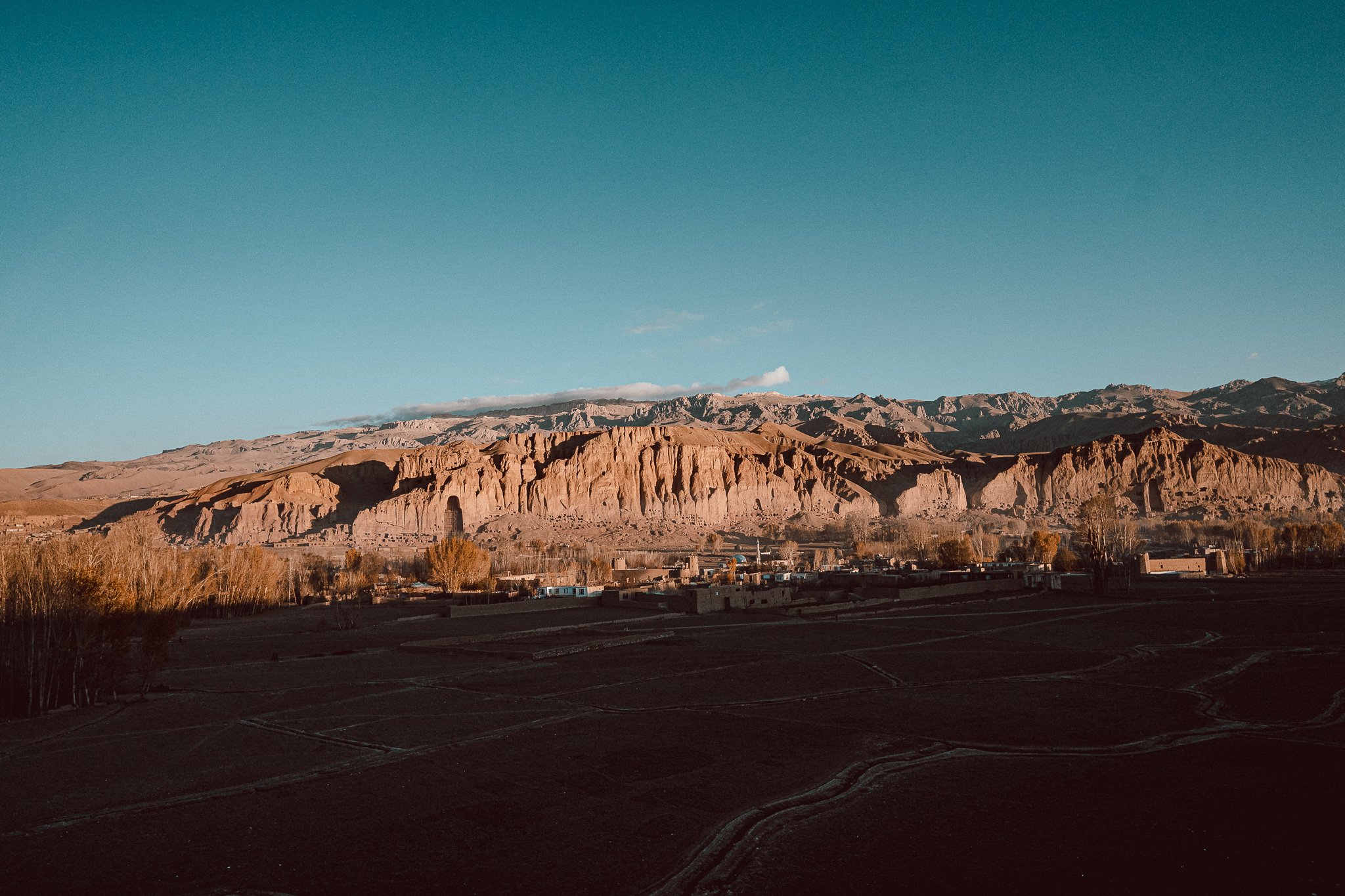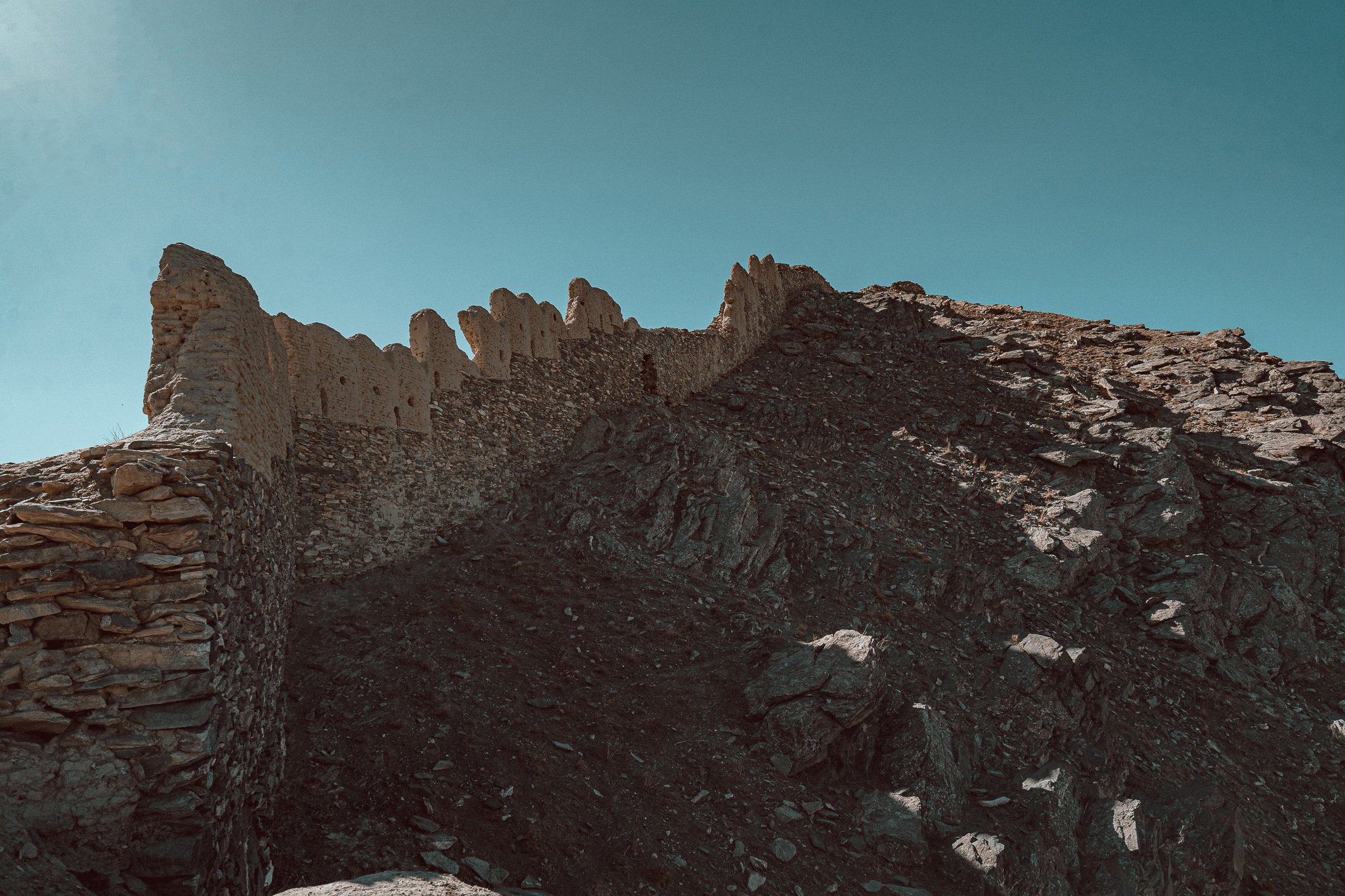
Ethics
What are the moral implications of visiting Afghanistan as a tourist? Is it in poor taste? Is it voyeuristic? Are we offering dressed up war tourism?
The answers to these questions are complex. I definitely don’t have all the answers – and they are questions that I continue to think about as my work with Safarāt evolves.
The first ethical question that people ask is easy to answer. Does the Taliban regime benefit or gain legitimacy if western tourists come to the country and spend their money there? In short, the answer is yes. That is unavoidable – the Taliban are in control of the government in Kabul.
But the ethics of travel in Afghanistan - and what that means for the people who live there - is a much more nuanced debate than just one question. I believe that by helping people to understand Afghanistan's story better, we can...
Put cold hard cash into Afghan pockets
One of the consequences of the collapse of the Afghan government in 2021 was the sudden withdrawal of hundreds of international projects, NGOs and businesses. This left a huge void in the Afghan economy, which had been largely dependent on foreign aid since 2001. There is barely a family who hasn’t been touched by this in one way or another.
In Kabul and Kandahar, there has been a noticeable increase in the number of people begging on the street and you can see how desperate people are to find work. When I started planning Safarāt’s first tours of the country, I was overwhelmed with emails from friends of friends, former drivers from embassies and ex-NGO workers all in desperate need of employment.
In Afghanistan, it is often common for a single person to be the breadwinner for 20 or 30 extended family members. The loss of a job with a foreign NGO is the difference between survival and destitution for them all.
For now, Safarāt is able to directly provide 3 well paid, ethical jobs in Afghanistan. I hope with time this expands as our business grows. For me, this alone is enough of a reason to continue our work.
You’ll also be staying with and eating alongside regular Afghans. Safarāt is already working with two villages – the first in the Arghandab Valley and the second in Khuja Ameer near Ghazni - to offer homestays for foreign tourists. We hope that this will develop into a new, sustainable source of income that they can grow well beyond our small tours.
Understand Afghanistan
For many of our prospective travellers, their impression of Afghanistan is based on the books they’ve read, countless articles thumbed through on phones, and endless pictures of suffering. Few will have visited the country before. Even fewer will have ever been able to visit places outside of Kabul.
As a journalist, I’ve always worried that my pictures never quite told the full story. To really understand a country without smelling the air, feeling the ground with your own feet, driving the roads, shaking hands with local people or talking to people in the souqs is impossible. Our expectations are nearly always different to reality. It’s often this set of atmospherics which are hard to pen or capture through a lens.
Our current way of consuming news has makes us think of places like Afghanistan in two-dimensional narratives. Good versus bad. Black versus white. Goodies versus baddies. The reality Is never as stark or simple.
This is why we are encouraging our travellers to think of our tours as a piece of slow journalism. My goal is for our journeys to tell the whole story of Afghanistan and for you to go back home and take your thoughts with you.
I’ve no idea what you’ll tell your friends and family. You might have reinforced everything you already thought about the country, the Taliban and Kabuli Pulao. But I think that is unlikely. And I hope that trickle down of experience and understanding will benefit Afghanistan in the long term.
Move the dial
But I also hope that our travellers leave some small part of themselves behind in Afghanistan. Many Afghans, particularly in rural areas, have never had the chance to engage with foreigners. If they have, it’s only been with the military or with people from governments and NGOs. We hope that our trips, your questions and your discussions can also benefit Afghanistan and maybe fractionally move the dial on the way people here see and think about the outside world.
Many Afghans rightfully remain sceptical of the motives of foreigners they’ve met. The past has taught them that there is a strong correlation between the arrival of outsiders and impending disaster. I hope in some small way to change that.
These are the reasons why we offer travel in Afghanistan. We’ll continue to do our best to engage, exchange, understand, talk and directly pay as many Afghans as possible. Together with Noory and our other Afghan partners, I will continue to think carefully about the way we behave and conduct our business in Afghanistan.
We think this is the best time to travel to Afghanistan in 30 years. But it is still a challenging place, and there are problems with safety and security. We are here as your guides and hosts to help you navigate these issues. The honest truth is that there are a huge number of Afghans who are waiting to warmly welcome you and show you their incredible country.
If you’ve got any questions or thoughts on whether you think what we are doing is right or wrong, questionable or laudable, please get in touch. We’re very interested in discussion and are still evolving ourselves in what we think.
See you in Kabul.

